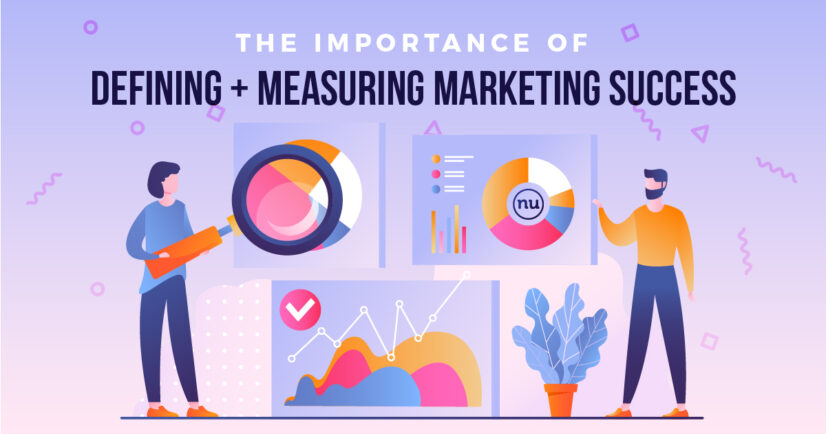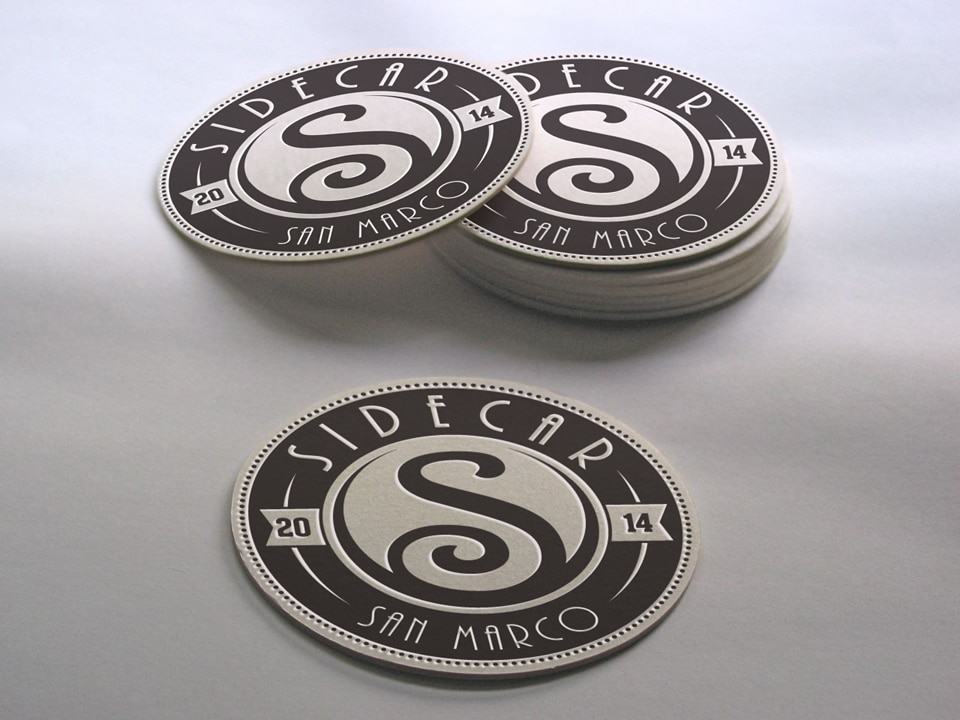The first time we speak with a prospective client about their marketing, we obviously start by telling them how amazing we are (kidding) but we’ve also got quite a few standard questions we tend to ask them regardless of the focus of the conversation. Those questions open up important discussions ranging from their target audiences and markets served to their competitor landscape and points of unique value.
Personally, I’m often a bit surprised by how little some of these things appear to have been discussed in their past marketing conversations based on how much time and thought some of their responses require, but never more so than when I ask my typically final standard question of the meeting: how are we defining and measuring success? It’s often a question prospects want to think more about and circle back to in a later discussion and that’s fine, but it’s absolutely one that should be answered before we offer a proposal. With that in mind, the “we” in this question intentionally frames it as one that can and should be answered collaboratively, so I thought I’d expand on it in this blog to help inform that process.
The Question

Another way to frame this all-important question is: what are your measurable marketing goals? While goals are often changing, most marketing leaders and small business owners can agree that identifying goals and measuring work against them is critical to success. In any initial conversation with a client, our aim is to determine fit, diagnose the client’s problem(s), and gather enough information to offer a holistic solution. Before we can offer a thoughtful and effective solution, it’s important to get on the same page with the client regarding what their measurable goals are. Understanding where we’re going is critical to determining the most efficient path we’ll take to get there. We also ask this question because we really want to get a more general idea of what success will look/feel like in the client’s mind so that as their partners, we have a better sense of the scale of vision they have for their brand and a firm grasp on what outcomes they value most.
Defining Marketing Success
Generally speaking, you’ll define marketing success by identifying specific goals. Those can range from higher-level goals like increased brand awareness or stronger industry authority to more measurable outcomes like a 30% increase in website traffic or a 20% increase in sales. The more specific we can be in identifying these goals, the better. We’ll definitely always identify specific and measurable goals but we also want to dig deeper into defining the client’s desired future state. To get there, I’ll often reframe the question as, “Let’s imagine that we’ve been working together for one year. What is something that will have happened for you/your company as a result of that work which would mean that you were thrilled with us and would consider our work a resounding success? How about in three years? Five? The idea here isn’t just to get the client thinking about what they want to achieve, but for us to ensure that the more immediately measurable goals we’re collaboratively defining are in alignment with that vision.
Measuring Marketing Success
 Analyzing your marketing impact will of course vary depending on the goals we’ve defined but there are typically some universal standards that will apply. For marketing metrics, we’ll always want to track, regularly report on, and pivot based on the data we’re able to glean from our software and our clients’ own marketing channels. It’s also important to dig deeper into the data and work to understand success from our clients’ customers’ perspectives. Let’s say we see that our Google Ads campaign is generating the most sales for a client. Before we invest more budget into that campaign, we should look at the touchpoints of their customers’ journeys, right? Odds are the PPC ad was the final step in that journey but what other touchpoints and on what other channels did they engage before demonstrating their intent to buy? What influenced them to search and convert prior to that touchpoint? Having the right tools which allow us to understand and fortify that journey so we can increase our efficiency is key. We also of course always want to constantly measure against our clients’ larger vision for the brand, whatever that may be. What should all of these wins we’re delivering add up to in one, three, or five years? For most clients that vision is centered on growth, but we’ve also successfully helped companies work toward franchising, market domination, and even acquisition. Keeping that vision in mind is critical to long-term marketing success.
Analyzing your marketing impact will of course vary depending on the goals we’ve defined but there are typically some universal standards that will apply. For marketing metrics, we’ll always want to track, regularly report on, and pivot based on the data we’re able to glean from our software and our clients’ own marketing channels. It’s also important to dig deeper into the data and work to understand success from our clients’ customers’ perspectives. Let’s say we see that our Google Ads campaign is generating the most sales for a client. Before we invest more budget into that campaign, we should look at the touchpoints of their customers’ journeys, right? Odds are the PPC ad was the final step in that journey but what other touchpoints and on what other channels did they engage before demonstrating their intent to buy? What influenced them to search and convert prior to that touchpoint? Having the right tools which allow us to understand and fortify that journey so we can increase our efficiency is key. We also of course always want to constantly measure against our clients’ larger vision for the brand, whatever that may be. What should all of these wins we’re delivering add up to in one, three, or five years? For most clients that vision is centered on growth, but we’ve also successfully helped companies work toward franchising, market domination, and even acquisition. Keeping that vision in mind is critical to long-term marketing success.
In the end knowledge, planning, and technology help us define and measure marketing success, but it’s the deeper dive into our clients’ visions that unveil the insights which allow us to forge stronger partnerships and deliver the biggest wins. We’ve been taking this balanced approach for years and have seen unbelievably positive results for our clients ranging from rapid business growth and expansion to larger-scale licensing deals and acquisitions. Those wins are what drive our team and are ultimately what we have in mind from that first client meeting onward.
About the Author

Joe Sampson
As president and co-founder, Joe is responsible for the development, execution, and success of client and company initiatives. With >20 years of brand and leadership experience, nothing puts a smile on his face like helping clients outperform their goals.
Got questions? Good! Email joe@nueramarketing.com for answers.



